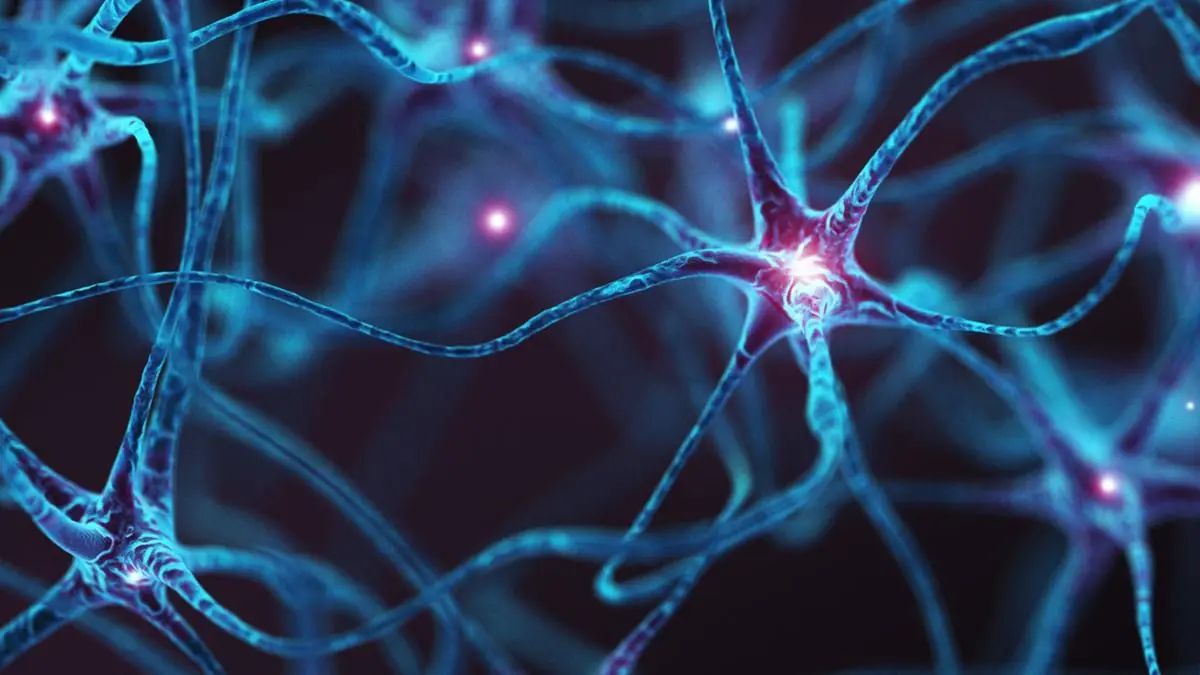
Too Much Salt? Here’s How It Quietly Destroys Your Health from Head to Toe
Too Much Salt? Here’s How It Quietly Destroys Your Health from Head to Toe
We all enjoy a sprinkle of salt on our fries or in a hearty bowl of soup—but too much salt can quietly wreak havoc on your body over time. While it may not taste dangerous, excess sodium (commonly found in table salt, or sodium chloride NaCl) can impact nearly every major organ, leading to long-term health consequences you may not see coming.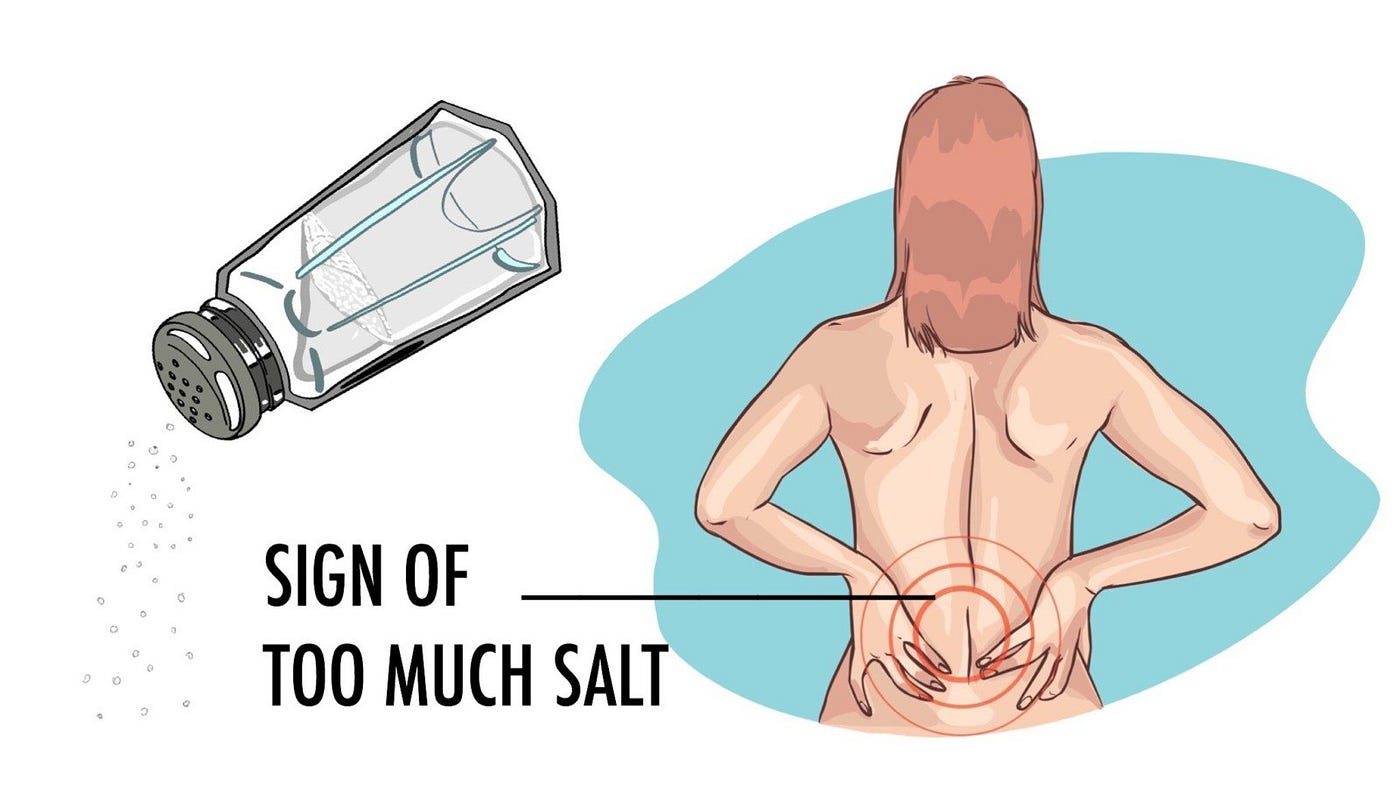
1. Salt and Heart Health: A Risky Relationship
Your heart is one of the first organs to suffer when salt intake goes unchecked. When you consume too much salt, your body retains extra water to dilute the sodium. This increases blood volume, putting added pressure on your arteries, leading to high blood pressure (hypertension). Over time, this can result in:
-
Heart attacks
-
Strokes
-
Heart failure
High salt intake is one of the leading contributors to cardiovascular disease worldwide.
2. Salt Overloads the Kidneys
Your kidneys filter out excess sodium to keep your body in balance. But if they’re constantly overwhelmed with high salt levels, their function can begin to deteriorate. Long-term effects include:
-
Chronic kidney disease
-
Kidney failure
-
Kidney stones, due to calcium imbalance
A high-sodium diet forces your kidneys to work overtime, leading to potentially irreversible damage.
3. Brain Health Suffers Too
Think salt doesn’t affect your brain? Think again. The high blood pressure caused by excessive salt intake can damage blood vessels in the brain, increasing your risk of:
-
Stroke
-
Cognitive decline
-
Dementia
Emerging research links salty diets with impaired brain function and memory, especially in older adults.
4. Your Bones Lose Strength
Excess sodium causes your body to excrete more calcium through urine, weakening your bones over time. This increases the risk of osteoporosis, especially in postmenopausal women and older adults.
5. Salt Damages Your Digestive System
Too much salt doesn’t just affect internal organs—it can damage your digestive system too. High sodium levels may:
-
Erode the stomach lining, increasing the risk of ulcers and stomach cancer
-
Disrupt your gut microbiome, weakening digestion and immune defenses
6. Salt Affects Your Skin and Appearance
High salt intake can lead to water retention, making you look bloated or puffy. It can also worsen inflammatory skin conditions, such as eczema.
The Health Conditions Linked to High Salt Intake
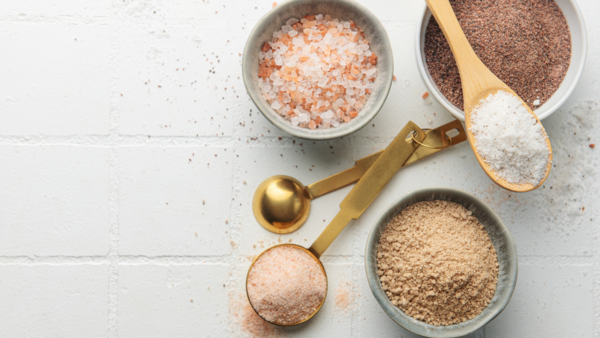
If left unchecked, excessive salt consumption can contribute to or worsen:
-
High blood pressure
-
Heart disease
-
Stroke
-
Kidney disease and kidney stones
-
Osteoporosis
-
Stomach cancer
-
Dementia and cognitive issues
-
Fluid retention and bloating
-
Insulin resistance, increasing the risk of type 2 diabetes
-
Metabolic syndrome, a cluster of conditions that raise the risk of chronic disease
How Much Salt Is Too Much?
The World Health Organization (WHO) recommends less than 5 grams of salt per day—that’s about 1 teaspoon. For most adults, this equates to:
-
2,300 mg of sodium daily (maximum)
-
Ideal target: 1,500 mg/day, especially for those over 50 or with high blood pressure
Women may require slightly less due to lower average body mass.
Easy Ways to Cut Back on Salt
-
Avoid processed foods: Canned soups, chips, instant noodles, and frozen meals are often loaded with hidden sodium.
-
Cook at home: Control what goes into your meals by preparing them yourself.
-
Use herbs, lemon juice, garlic, and spices for flavor instead of salt.
-
Always check nutrition labels—opt for "low sodium" or "no added salt" options.
Conclusion
Salt is essential for health in small amounts, but too much can be a silent killer. From your heart and kidneys to your brain and bones, the damage adds up over time. The key is moderation. A pinch? Fine. A handful? It’s time to cut back.
News in the same category


Disturbing simulation reveals what really happens to your body after injecting Ozempic
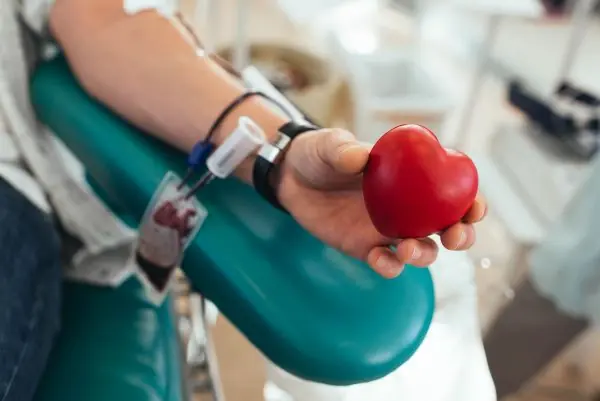
Regular Blood Donation May Improve Blood Cell Health and Reduce Cancer Risk

Simulation Reveals Shocking Truth About What Ozempic Does To Your Body After Injection
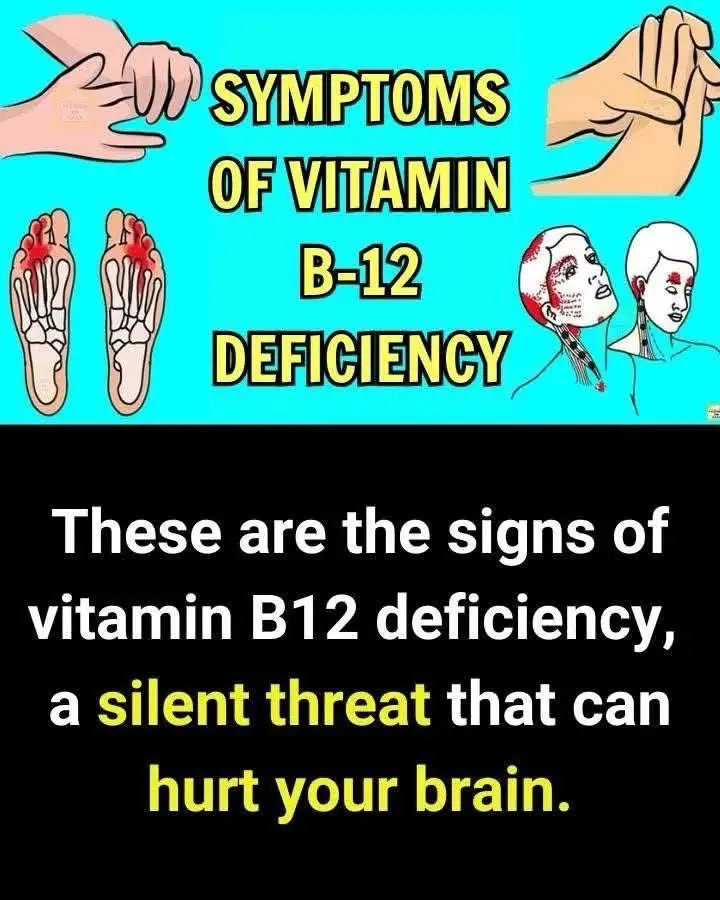
Vitamin B12 Deficiency Symptoms
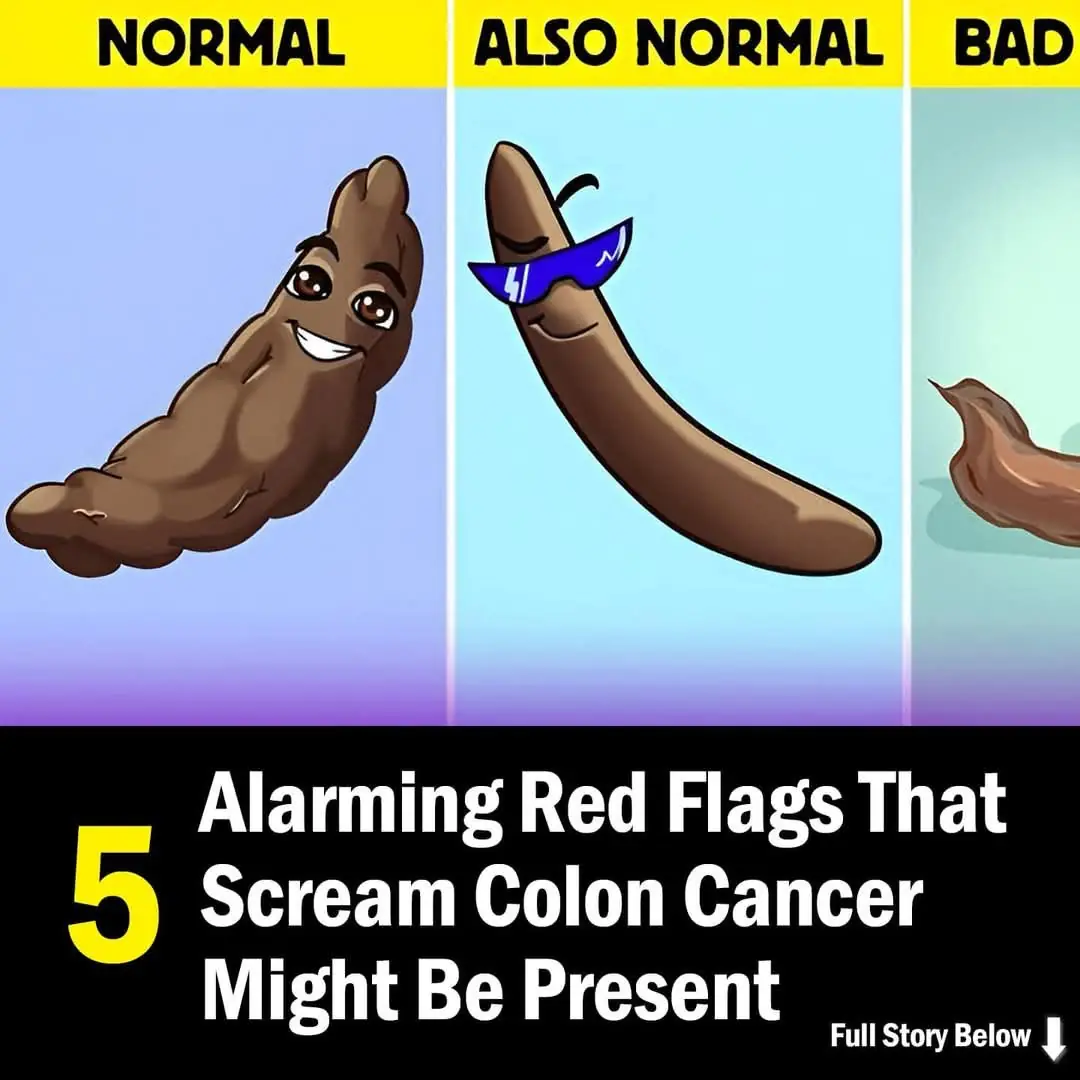
5 Early Signs of Colon Cancer You Shouldn’t Ignore
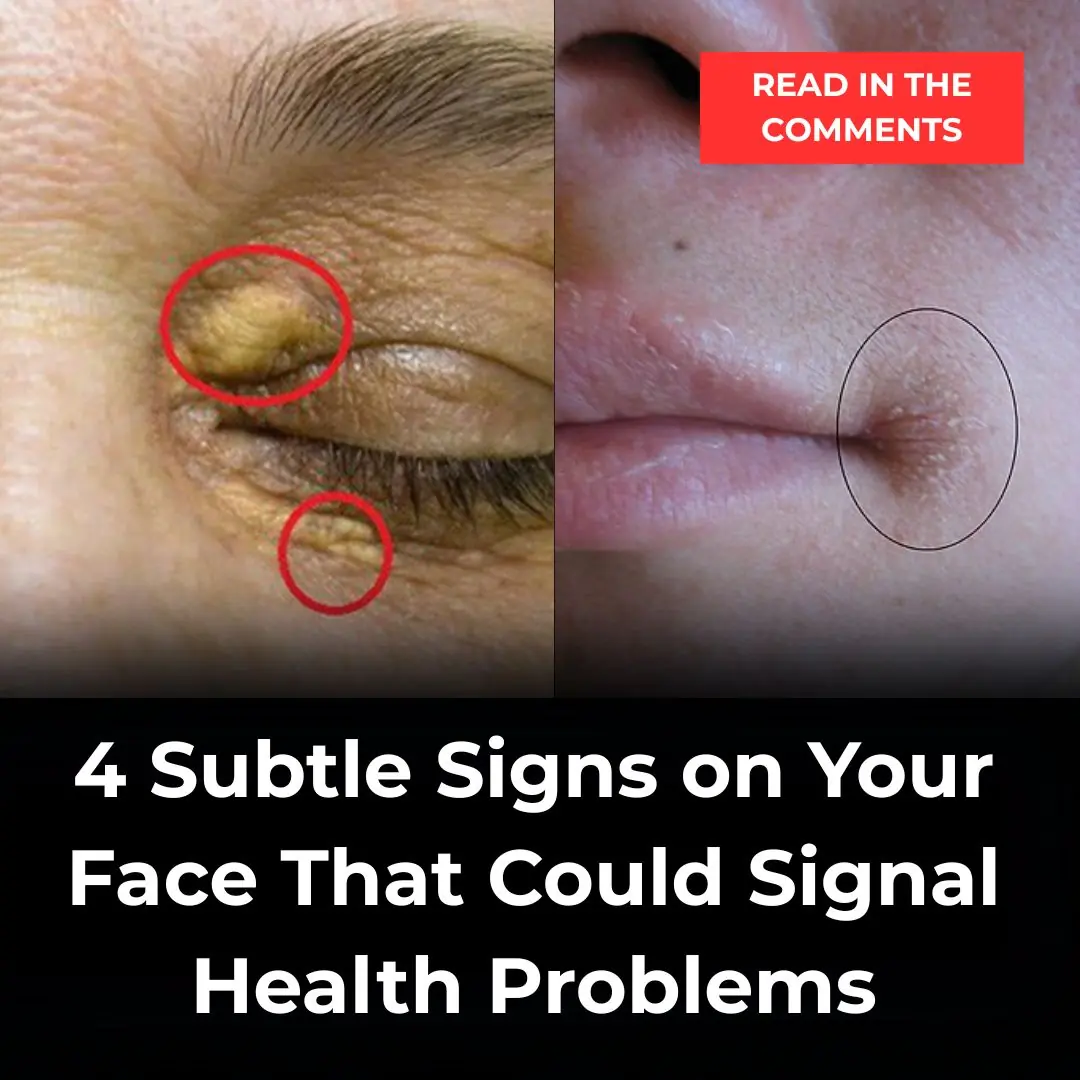
4 Subtle Signs on Your Face That Could Signal Health Problems
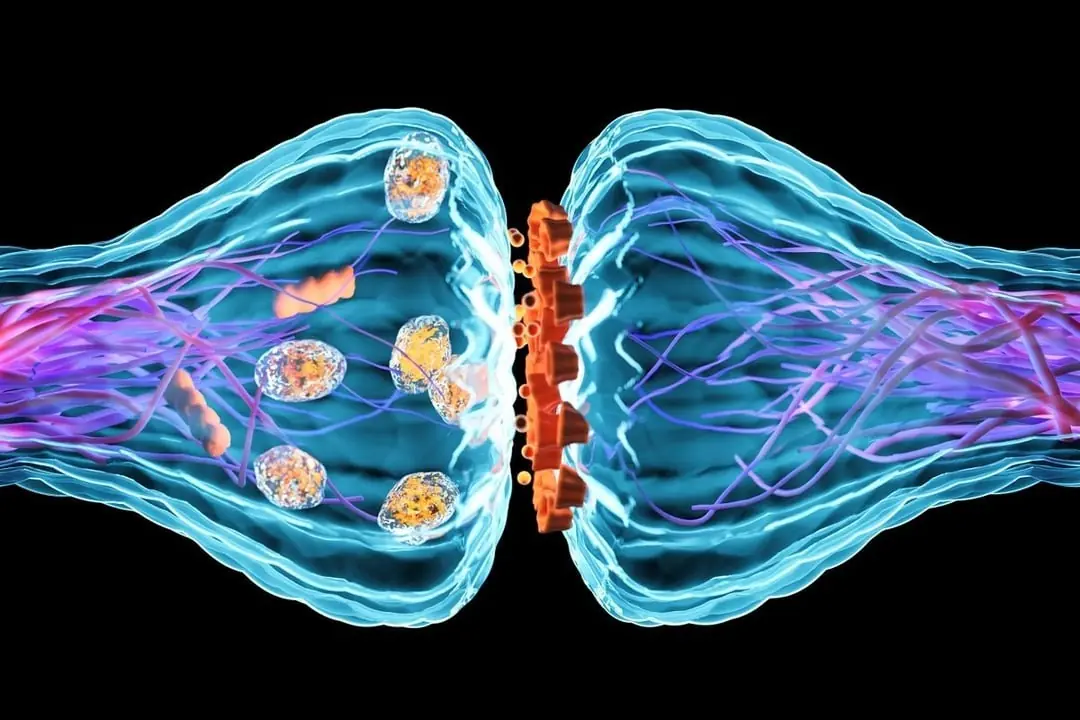
The Key to Everlasting Memories? Scientists discovered the "glue" that makes memories stick!

Listening to Music Literally Speeds Up Recovery from Surgery, Research Shows
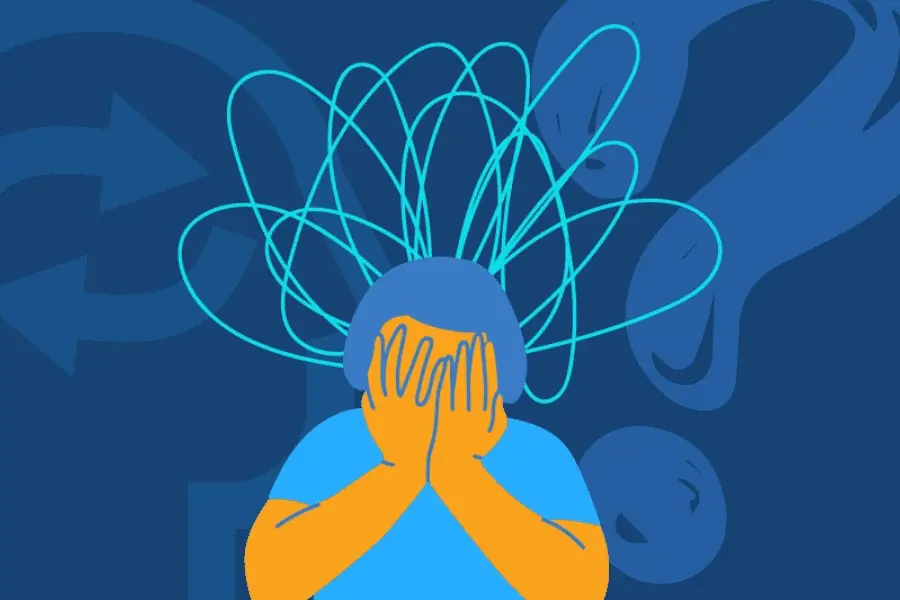
A Common Drug Used in Tylenol, Excedrin, and More Was Just Linked to ADHD
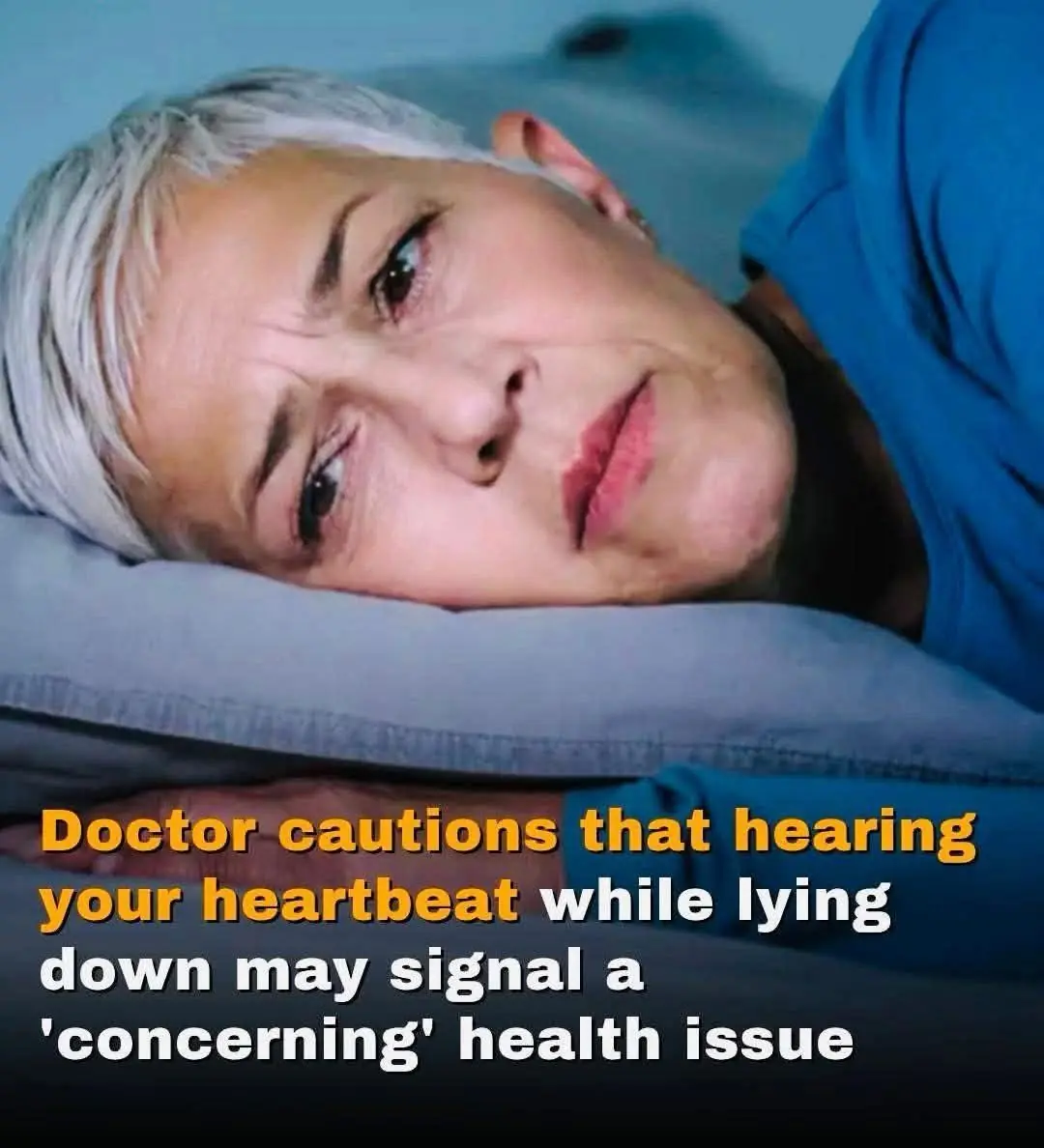
Pulsatile Tinnitus: Why You Hear Your Heartbeat While Lying Down
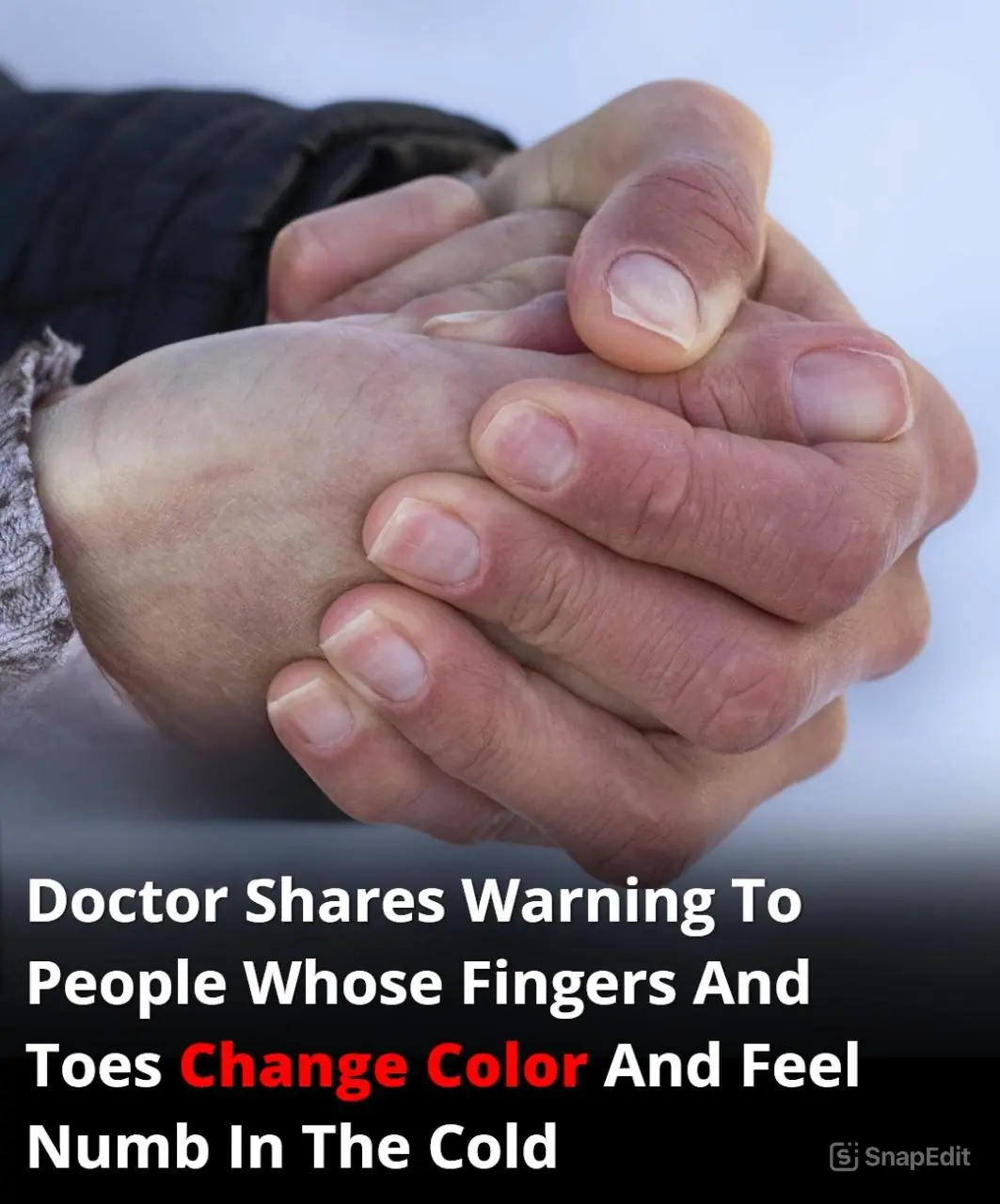
Doctor's Warning To People Whose Fingers And Toes Change Color And Feel Numb In The Cold
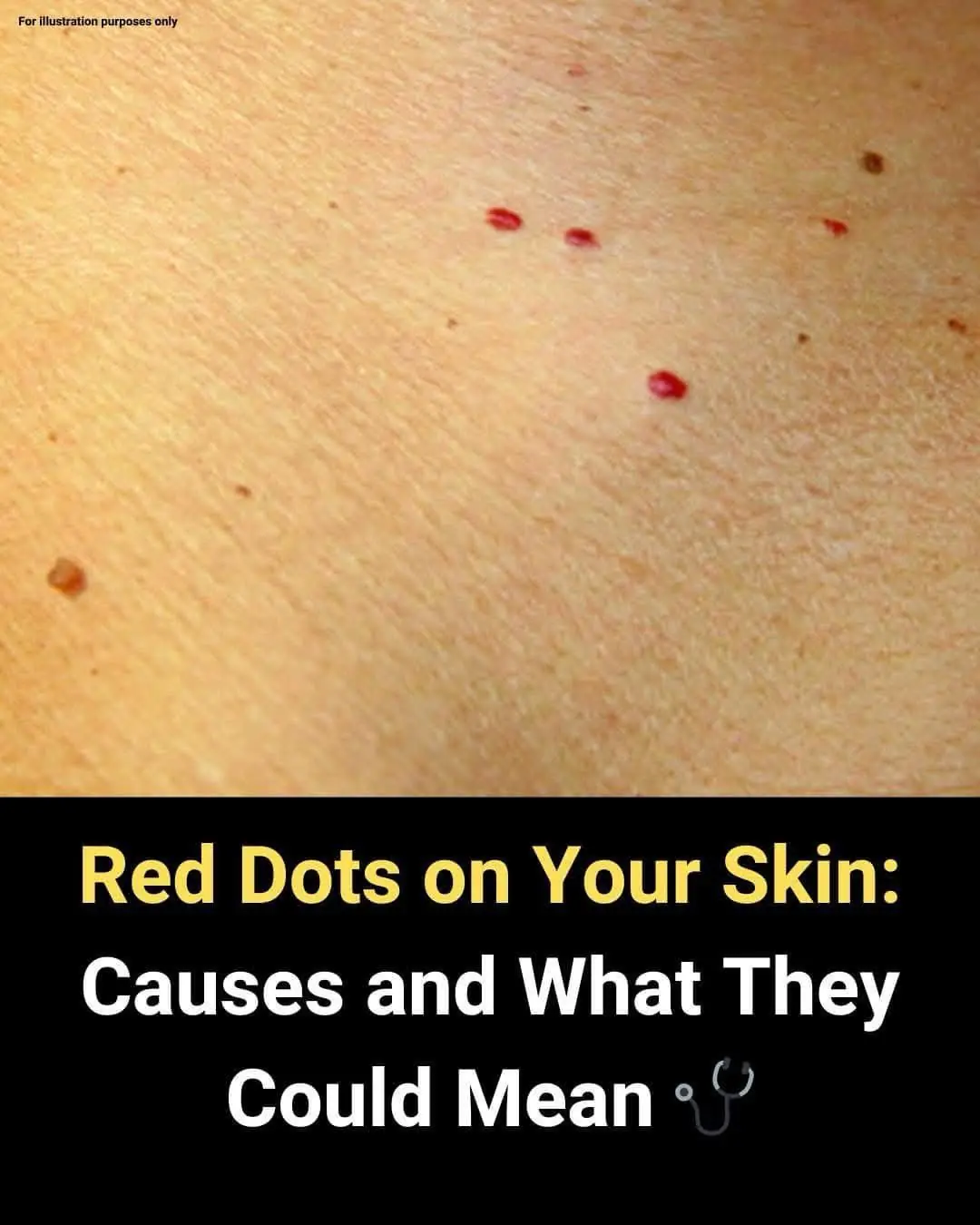
Red Spots on Skin: 13 Common Causes

Vaping vs. Smoking: New Study Says Vapes May Be More Harmful

Study Explains How the First Born Child Is Often the Most Intelligent

What 20 Seconds of Hugging Can Do for You
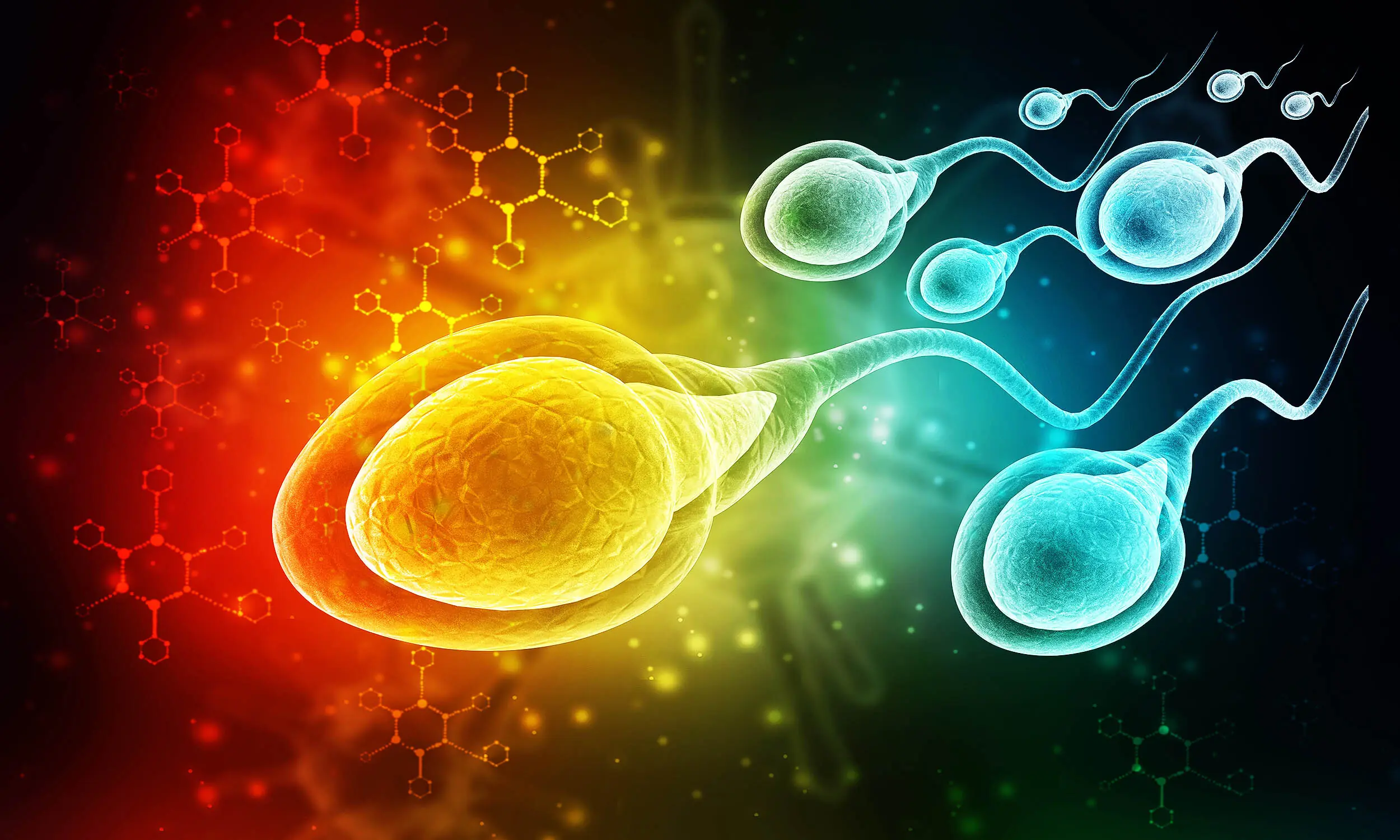
New Study Found Microplastics In Every Single Human Semen Sample
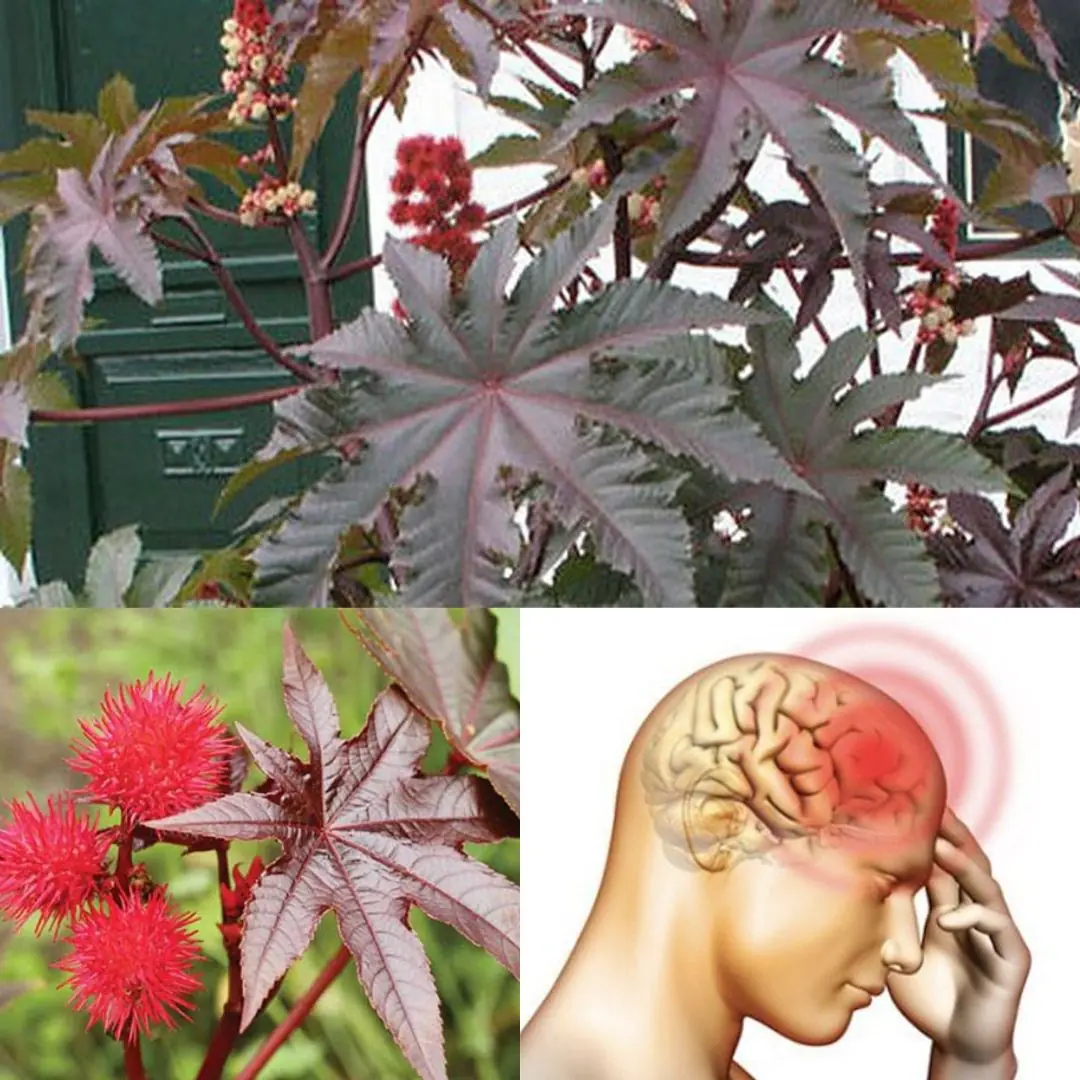
Unlock the Health Benefits of the Castor Bean Plant: A Natural Remedy for Wellness
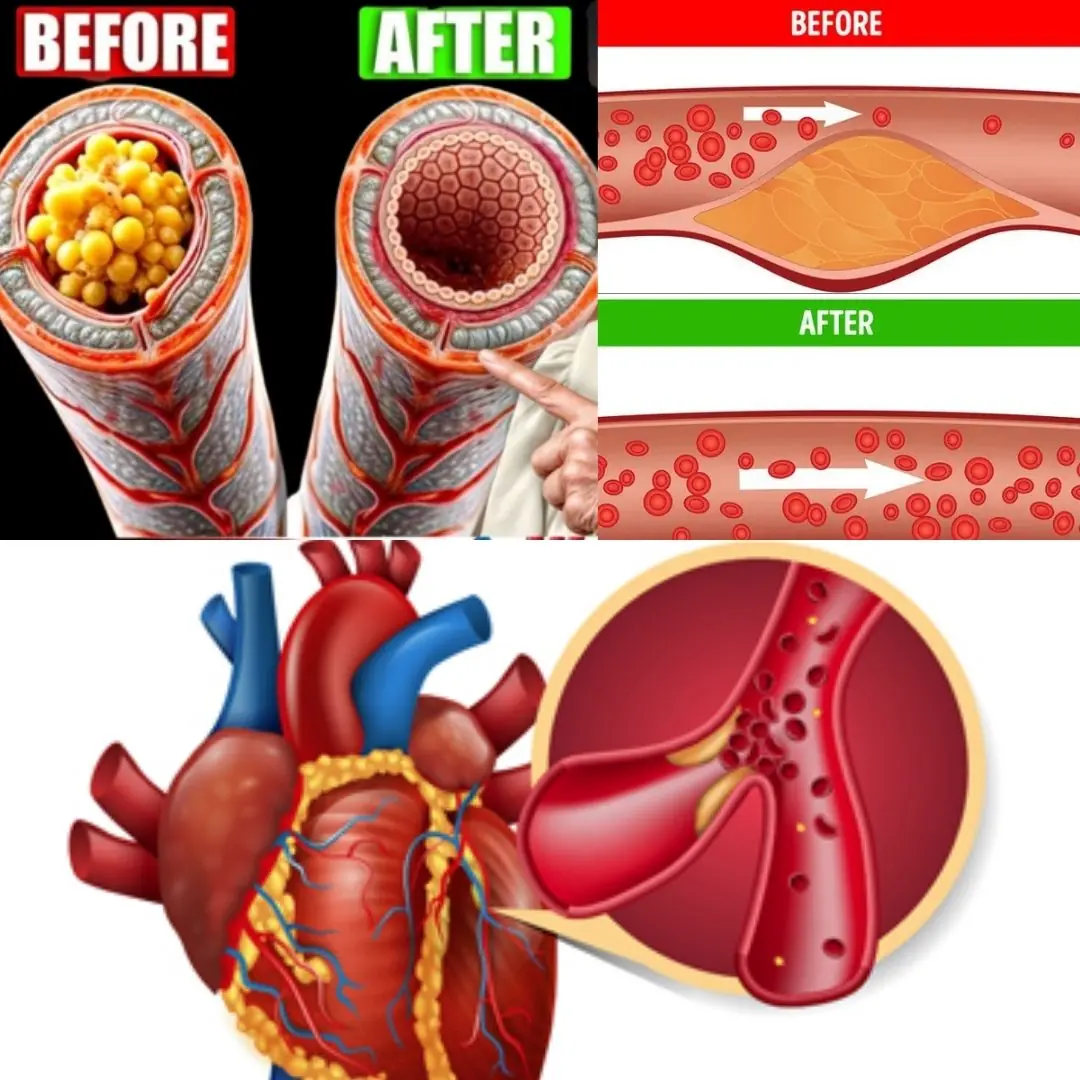
10 Vegetables That Are Good for Your Heart
News Post
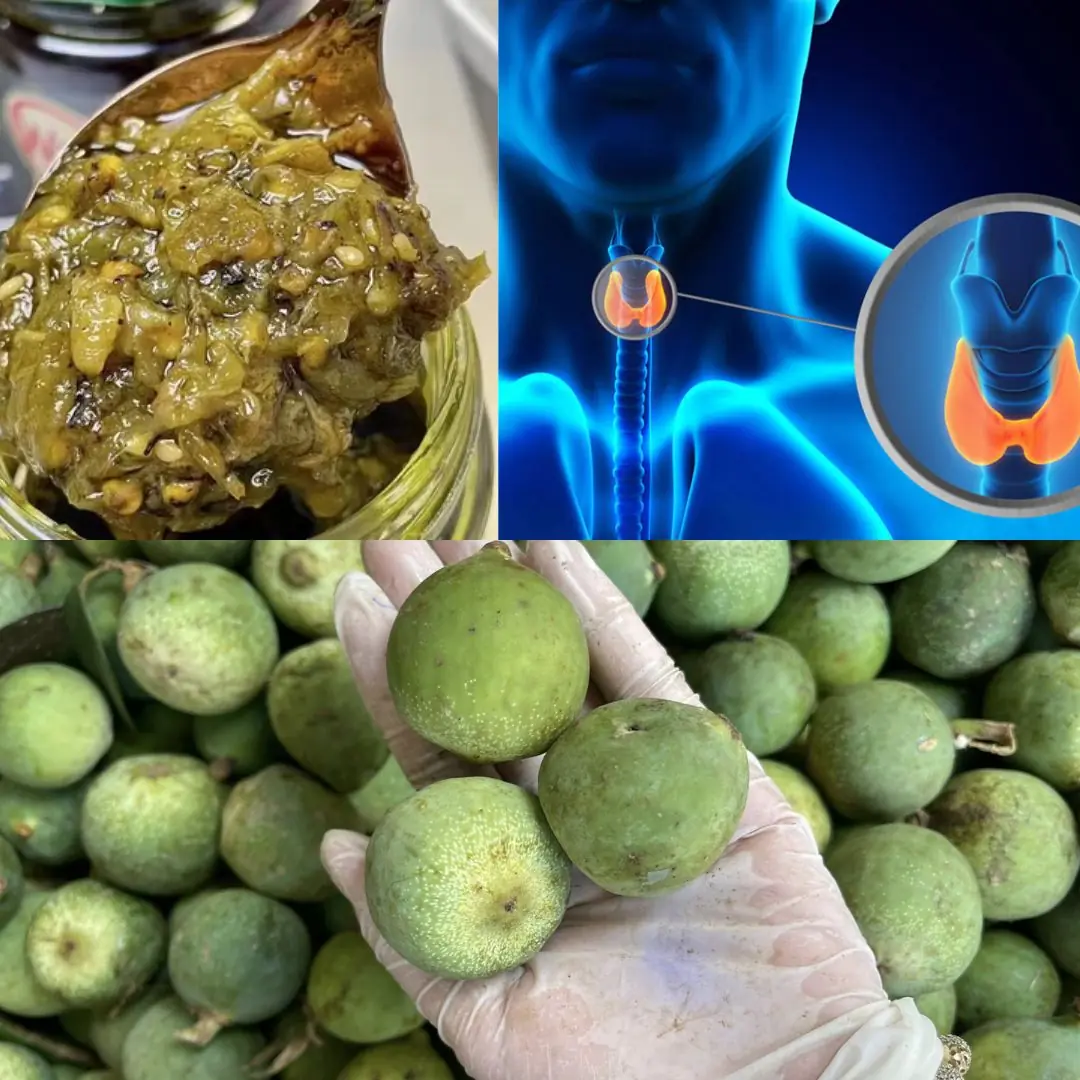
Health Benefits of Horseradish Leaves: A Nutrient-Packed, Overlooked Green

Skin Cells Can Send Electrical Signals to Help Heal Wounds – A New Discovery in Wound Healing

Disturbing simulation reveals what really happens to your body after injecting Ozempic

Regular Blood Donation May Improve Blood Cell Health and Reduce Cancer Risk

Simulation Reveals Shocking Truth About What Ozempic Does To Your Body After Injection

Vitamin B12 Deficiency Symptoms

5 Early Signs of Colon Cancer You Shouldn’t Ignore

4 Subtle Signs on Your Face That Could Signal Health Problems

Girls Visit Dad's Grave to 'Show' Their New Dresses as He Asked, See 2 Boxes with Their Names

Turns Out I Rented an Apartment to My Husband's Mistress, and Their Next Date There Was One I'll Never Forget

Neighbor Mocks Poor Woman for Filthy Look of Her House, Apologizes after She Sets Foot Inside

My Wife Kicked Me Out of the House Because of the Sudden Confession of My Director

My Son’s New Classmates Turned Him from a Straight-A Student into a Troublemaker — But I Didn’t Give Up on Him

After My Brother's Funeral, His Widow Gave Me a Letter – I Wasn't Ready for What He'd Confessed

The Key to Everlasting Memories? Scientists discovered the "glue" that makes memories stick!

Listening to Music Literally Speeds Up Recovery from Surgery, Research Shows

A Common Drug Used in Tylenol, Excedrin, and More Was Just Linked to ADHD

Pulsatile Tinnitus: Why You Hear Your Heartbeat While Lying Down
